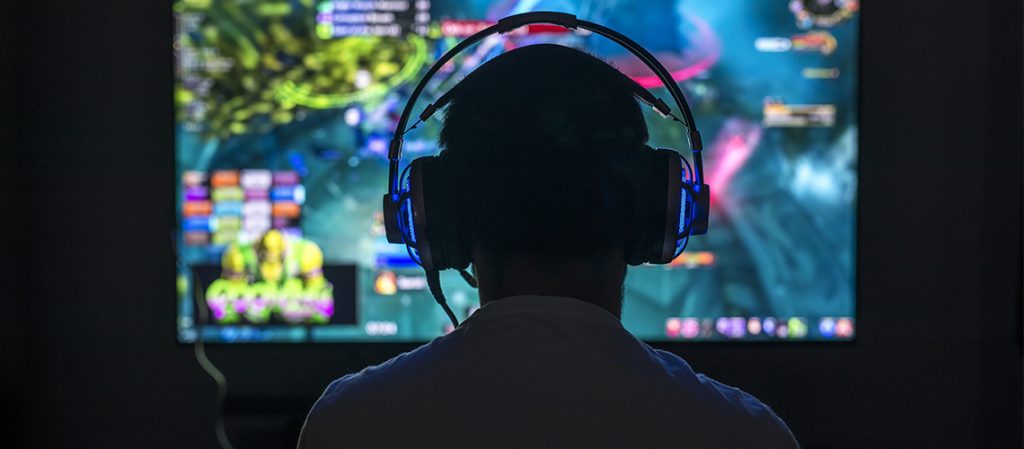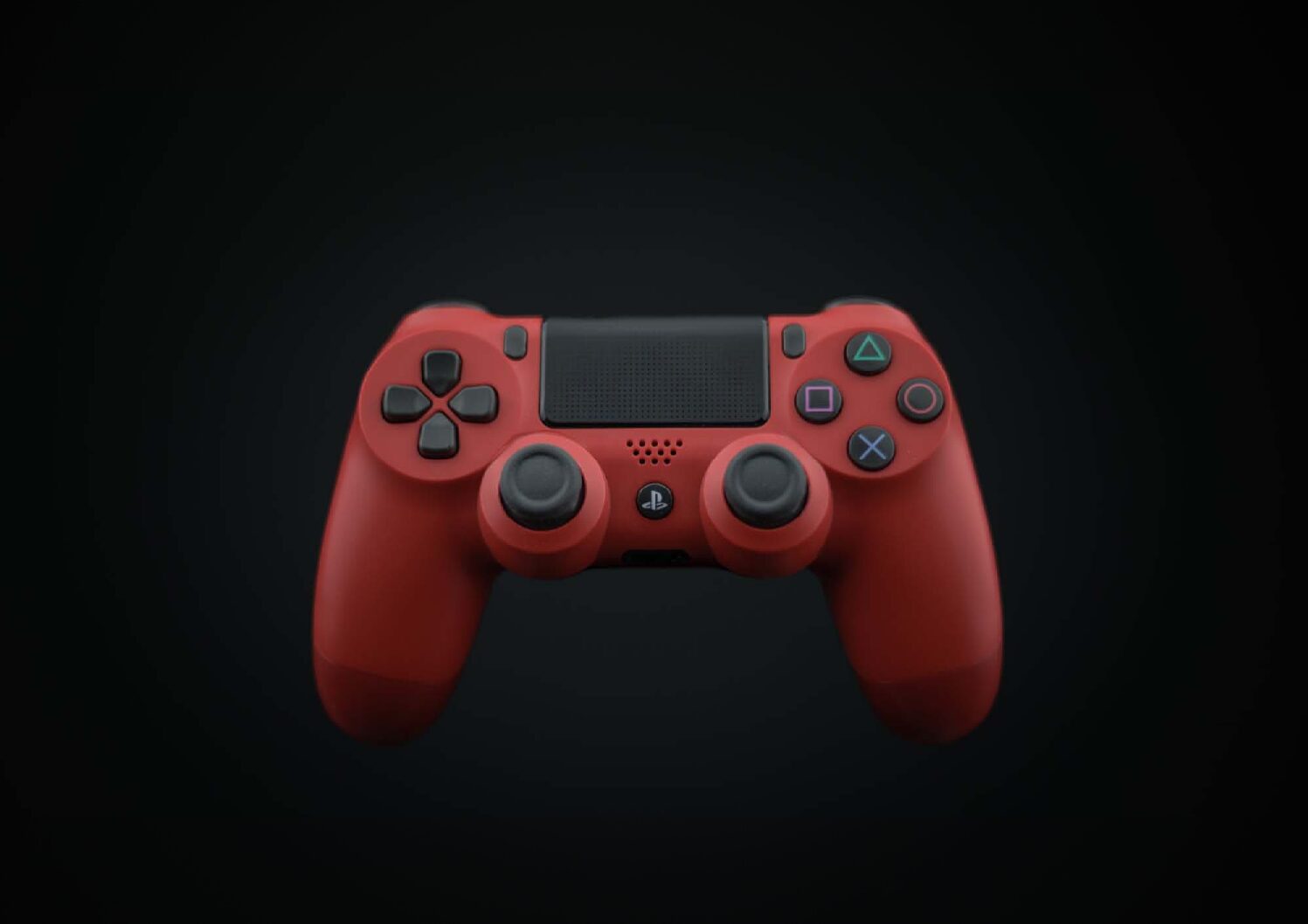The Remote Gambling Act is expected to enter into force on 1 March 2021. This is two months later than the originally intended date. The postponement will allow all parties involved to better prepare for the act. The opening of the online gambling market is now scheduled for 1 September 2021. On that date, the Central Exclusion Register (in Dutch: CRUKS) will also be introduced. In this blog we will inform you about these changes and the state of play for the Remote Gambling Act.
Postponement
The intended implementation date of the Remote Gambling Act (“the Act”) has been postponed from 1 January 2021 to 1 March 2021. Minister Dekker for Legal Protection informed the Lower House of Parliament of this postponement on 4 September 2020. As soon as the Act enters into force, providers of online games of chance will be able to submit their licence applications with the Netherlands Gambling Authority (“the NGA”). The market for online games of chance is expected to open six months later, on 1 September 2021.
The postponement takes into account the ability for all parties concerned to be well prepared and, on the other hand, to enter into force as soon as possible in order to prevent addiction and to channel players to legal and secure providers.
The Register
In the Central Exclusion Register (“the Register”) players with gambling problems are registered in order to prevent gambling addiction. The obligation to affiliate with the Register applies to both providers of online games of chance and to providers of land-based games of chance.
On 1 September 2021, the obligation to affiliate with the Register will be introduced for both online and land-based providers. As a result, the date on which land-based providers must be affiliated with the Register has been postponed for six months.
For land-based providers, the procedure for connecting to the Register can already be found on the NGA website. First, the providers must register with the Register. They must then apply for and activate a so-called PKI Certificate. After registration, the provider can test the connection.
These steps do not yet apply to providers of online games of chance. It is likely that online providers will be able to connect to the Register and test the connection from October onwards. Until then, providers of online games can use the already available information about the Register for land-based providers to prepare in advance.
Cooling-off period
Providers of online games of chance must perform an integrity assessment. Part of that assessment is the so-called cooling-off period: providers must have refrained from offering online games of chance to Dutch consumers for at least two years prior to the licence application. This rule is the result of the ‘Postema motion’, which was adopted by the Upper House of Parliament on 19 February 2019. You can read more about this in our blog about the integrity assessment.
In connection with the postponement of the implementation date and/or market opening, a requested extension of the cooling-off period for a proportionate period has been made. The cooling-off period is therefore adjusted from two years to two years and eight months. A supplier applying for a licence on 1 March 2021 must have ensured from 1 July 2018 that its offer was not specifically and actively aimed at Dutch consumers. If the implementation is further postponed, the duration of the cooling-off period will not be further extended, according to Minister Dekker.
Subordinate legislation
The subordinate legislation gives further substance to the objectives of the Act. The draft remote gambling decree elaborates on the licensing system for remote gambling. It also lays down rules on advertising, recruitment and addiction prevention. The draft regulation on remote gambling sets out, among other things, the requirements with regard to the gaming system of licence holders, the prevention of money laundering and match fixing and the registration and safe storage of data.
The subordinate legislation is currently being worked out and are not yet final. Regarding the feasibility of 1 March 2021, this depends on the further course of the process that the subordinate legislation goes through, including the advice of the Council of State on the remote gambling decree.
As far as licences are concerned, the NGA will draw up the final licence conditions as soon as the licence requirements have been detailed in the law. The subjects to be considered when assessing a licence application can be read in this blog by Thomas van Essen.
Learn more
The NGA keeps potential providers and other stakeholders informed of developments regarding the Act. These developments and the action required from you can be found on the Communication Calendar. There you can read when further information is provided about, among other things, the Control Data Bank and the complete and final requirements for the licence application.
The procedure for applying for a licence for online games of chance is robust. Even now that the requirements for the licence are not yet final, we advise to start collecting and drawing up the required documents in time.
If you would like guidance in applying for a licence or more information about online games of chance, please contact Thomas van Essen or Nina Lodder.



